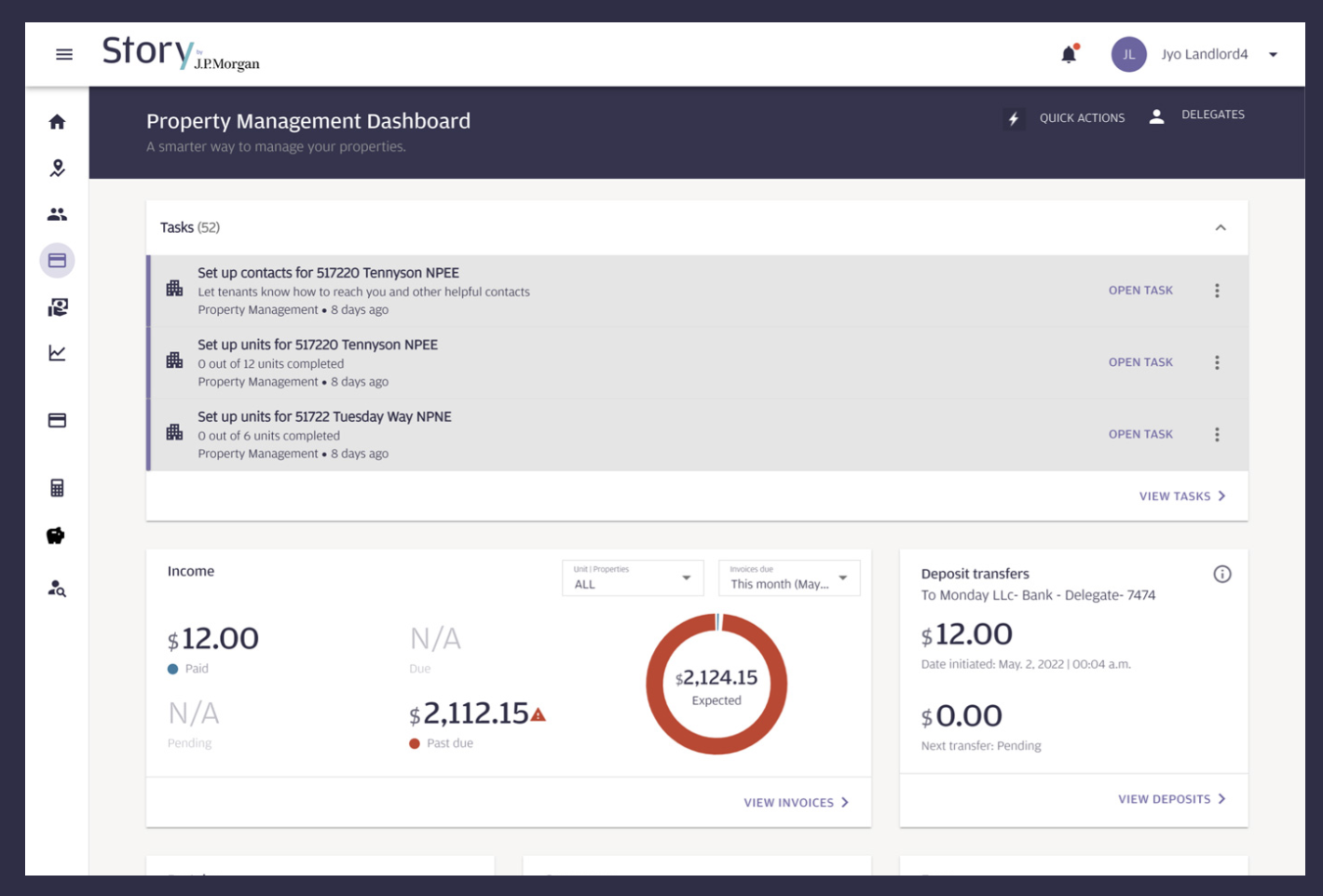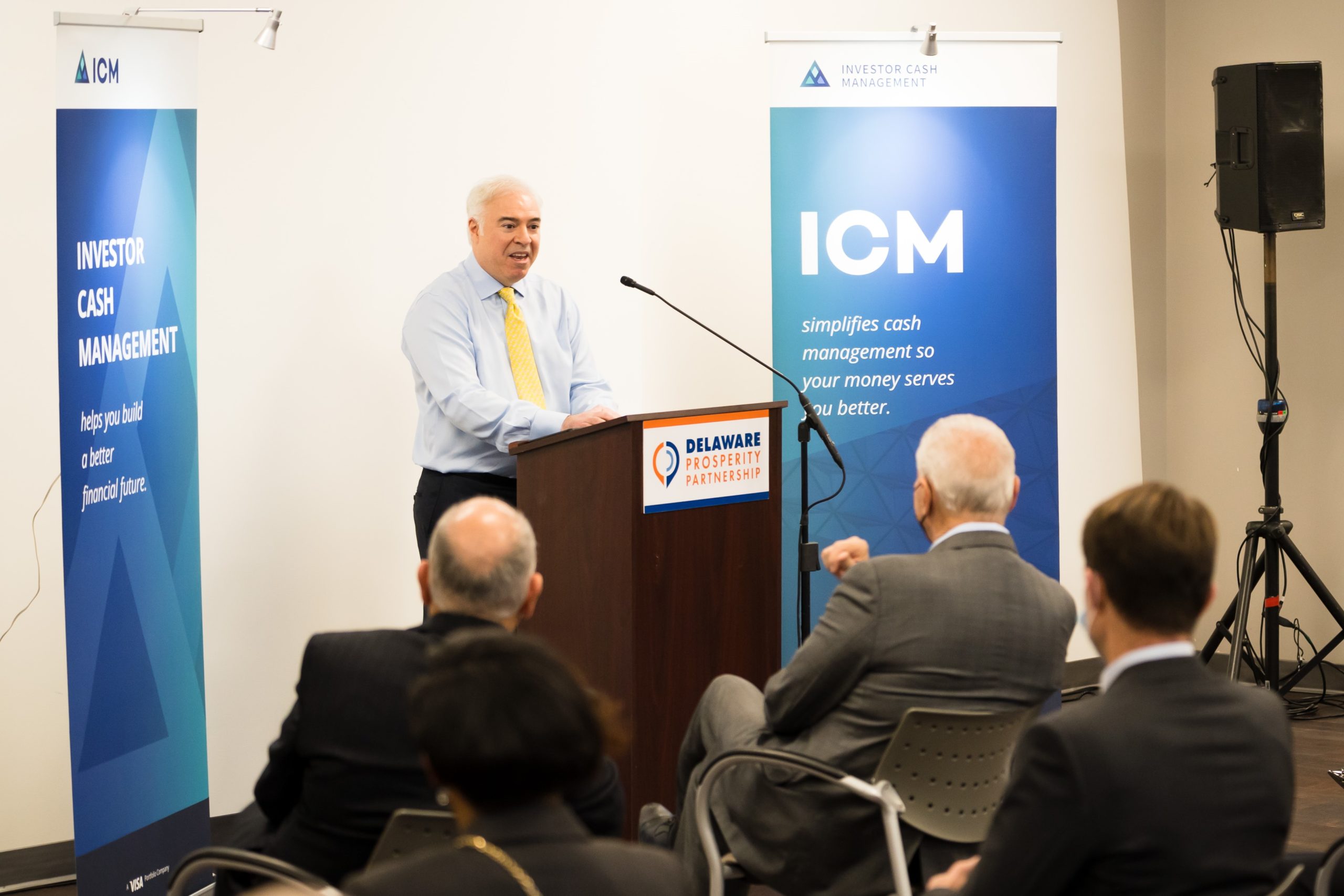
- Amazon is launching a merchant cash advance tool in partnership with Parafin.
- The cash advance ties repayment to a percentage of the Amazon seller’s Gross Merchandise Sales (GMS).
- The program launches today for select U.S. businesses, and it will be available more broadly by early 2023.
Right on the heels of launching its own insurance marketplace, Amazon is taking another step into the fintech realm. This time the online retailer is taking aim at small business financing, unveiling a financing tool for sellers on its own platform via a partnership with Parafin, a fintech that offers a merchant capital-as-a-service for online marketplaces.
Leveraging Parafin’s technology, Amazon is launching a merchant cash advance tool that offers eligible Amazon sellers a cash advance that ties repayment to a percentage of sellers’ Gross Merchandise Sales (GMS). The service offers approved merchants capital ranging from $500 to $10 million in a matter of days, and does not limit borrowers to a fixed term, require credit checks, or charge late fees.
Because the merchant cash advance tool is based off a seller’s GMS, the financing does not work like a traditional loan. Repayment is only required when a seller makes a sale. There is no minimum payment, no interest, and no collateral required. Instead, Amazon charges merchants a fixed capital fee.
“Amazon is committed to providing convenient and flexible access to capital for our sellers, regardless of their size,” Amazon WW B2B Payments and Lending Director and General Manager Tai Koottatep. “Today’s launch is another milestone in strengthening Amazon’s commitment to sellers, and builds on the strong portfolio of financial solutions we already provide. This latest offering significantly expands sellers’ reach and capabilities, and broadens their access to capital in a flexible way—one that helps them control their cashflow, and by extension, their entire business.”
Amazon is launching the financing program to select U.S. businesses today, and it will be available to “hundreds of thousands” of eligible sellers by early 2023. To qualify, sellers must have at least three months of sales history on Amazon.
Founded in 2020 and headquartered in California, Parafin’s mission is to democratize access to growth capital. The company has raised a total of $244 million, including its most recent round of $60 million raised in August. Earlier this year, Crunchbase added Parafin to its Emerging Unicorn Board, its list of companies valued above $500 million but less than $1 billion.













